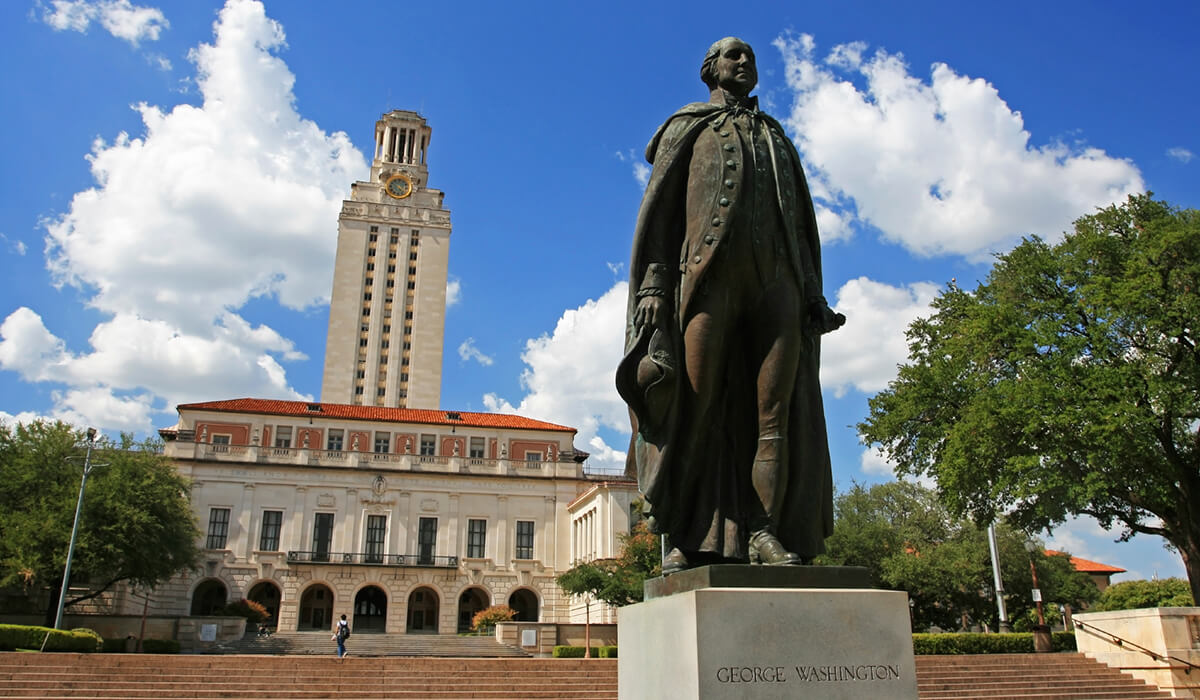The American universities involvement with the crypto businesses is not something new. But it is rapidly increasing its pace. Ripple has announced to invest almost two million dollars in the next five years to support the Blockchain research at University of Texas. The money will go to the McCombs business school of the university.
Coindesk has previously reported the Ripple’s pledge to invest in Blockchain research worldwide. The investment in university in one aspect of that strategy. The company is planning to invest almost 50 mil USD across universities. These universities are not only situated in US but worldwide. However, for now the Ivy League institutions are getting the bulk of the investment.
The program on Blockchain is run by Associate Professor Cesare Fracassi. He is enthusiastic and said that the school is ready to accept the proposals from the researchers. The money will provide them with enough funds to generate meaningful research. The proposals is open for both graduate students and faculty members.
Other branches within the university have also expressed their interests to work on the projects. The business school has the funds. The medical school is interested given the extraordinary scope of the Blockchain tech in medical governance. Chinese tech giants are already working on these projects.
The business school has already organized the conference which focused on the initiative on Blockchain led by young participants. It included several high profile guest such as Goldman Sachs senior equity researcher Jim Schneider, IBM’s Jason Kelley and SEC attorney Dave Hirsch.
The school is planning their next conference around 2019. They are also hoping to have some credible research projects by then. Given the flush money access they have, that is now a given variable.
The exposure of American academia to crypto world is very frequent nowadays. Several Ivy League institutions have already invested in crypto hedge funds. Others including Oxford Professors are now planning to open Blockchain University to counter the bureaucratic nightmare the higher education have become.
These are interesting times, indeed!

